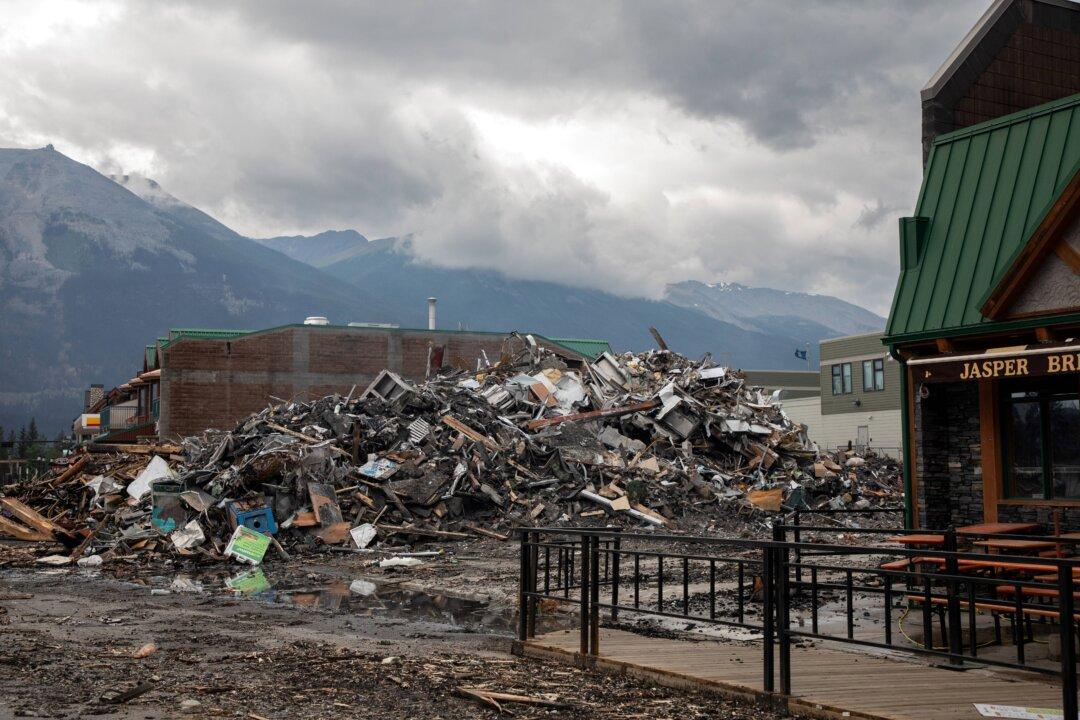When a wildfire ripped through Slave Lake, Alberta, back in 2011, Shawn Gramlich and his wife did not evacuate until the power had gone out and the house across the street was on fire.
“We never actually thought the fires were ever going to get close to Slave Lake. We really took it for granted,” Mr. Gramlich, now a city councillor for the small northern Alberta community of around 6,000 people, told The Epoch Times.





